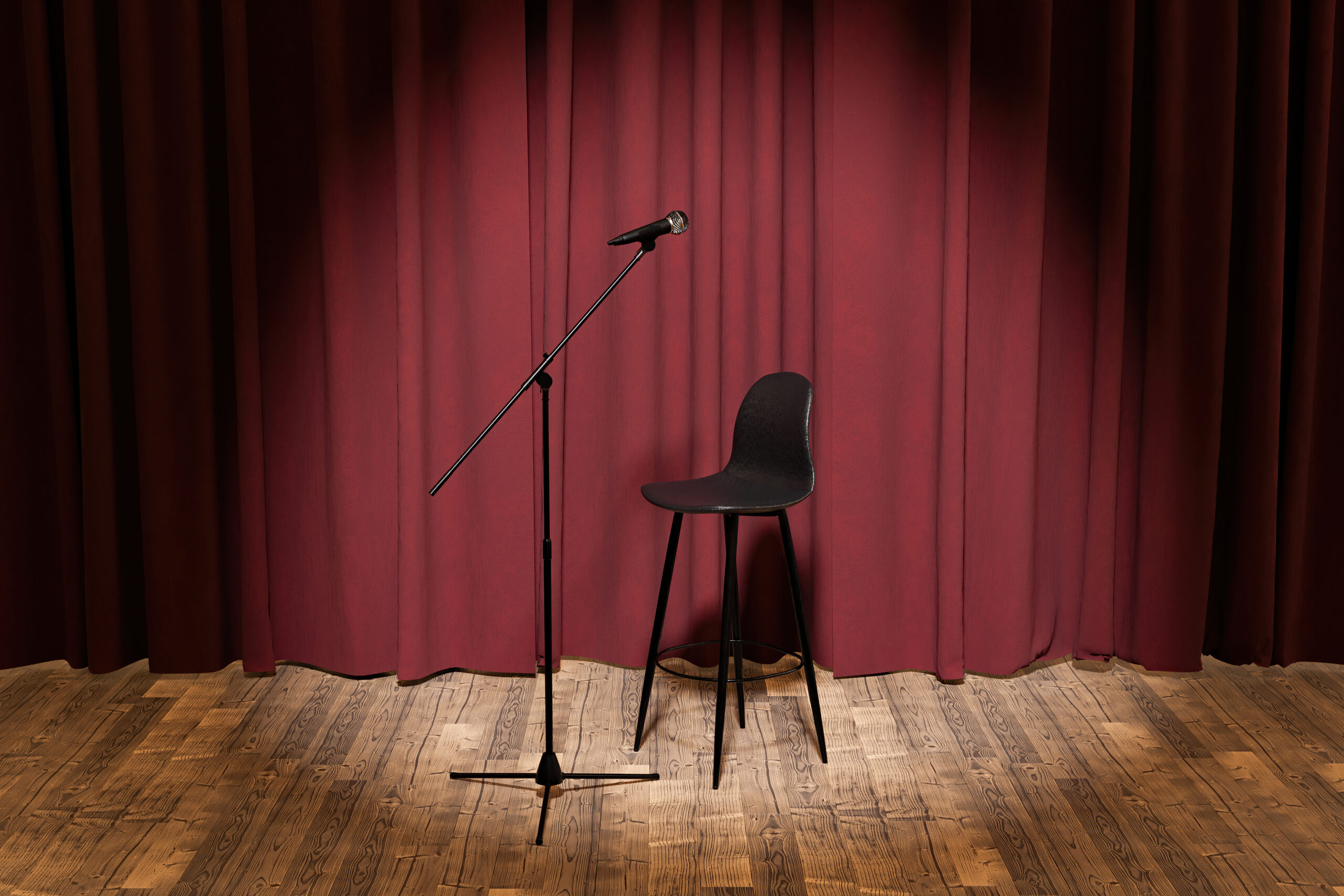free to laugh

Curiosity moves you to watch the first episode of the series free to laugh.The first question that arises is how Sofía Niño de Rivera will teach men, women, and members of the LGBT+ community at the Santa Martha Acatitla Prison how to transform their tragedies into a source of laughter. How will she get viewers to go beyond the immediate judgment and empathize with the lives of those who have been locked up for years? The challenge was far from easy.
The ultimate goal was to bring the best standuperos to emerge from among them to perform in a theater in Mexico City, before a diverse audience that included families and friends. For the program's production, this meant obtaining permission to guard the prisoners and having a security convoy. Getting out of jail, even for a few hours, was the prisoners' greatest hope. "Even the smell of gasoline is wonderful!" commented one of them.
I started watching the five-episode series, each lasting 30 minutes, and finished it in one sitting. Every character has something that keeps you glued to the screen. It's moving to witness the harshness of the stories, the honesty with which they are told, the smiles and the complicity we see among the teammates.
“The joke is to laugh at your tragedies, not to have your tragedies laugh at you,” is the premise Sofía lays out in the first class—and she continues—“what hurts you, you get it out, you turn it into comedy, and you relax; that's why comedy is fantastic.”
As a first exercise, participants wrote down the five things they dislike about the world and themselves, as Sofia requested. Then, one by one, they came to the front of the group to perform a dynamic or routine based on this. Thanks to the excellent editing, we witness their progress, their micro-world, the differences between living outside and living inside, their dreams, their regrets, what they enjoy and hate. In the prison environment, even the seemingly most insignificant detail takes on vital importance.
Between the lines, we learn what motherhood behind bars entails, for both mothers and babies; we realize that friendship is the main link for survival in such a hostile environment; we witness the irony and mockery provoked by diseases such as HIV or epilepsy, and the discrimination against people with disabilities. gay, but, especially and above all, the search for love in any circumstance. For example, as the episodes progress, we are shown the creativity required to find a partner, through smuggled letters, which establish such strong bonds that marriages are even formed without the couple having ever met.
“Doing comedy is serious business,” says one of the inmates, realizing what the experience really means.
Once we witnessed Sofia's finalist selection, the immense emotion of stepping outside for a few hours to see a world that has already changed for them—as one of the participants comments—is moving and makes us appreciate even more what we take for granted: freedom.
To the standing ovation of grateful and moved parents, children, grandchildren, and siblings; to the supportive gaze of their friends; and to the laughter provoked by their stories, we viewers transcend the prisoner-like condition of these new comedians and appreciate their humanity, even finding them endearing. I believe Sofía and the Gato Grande production team achieved their goal.
